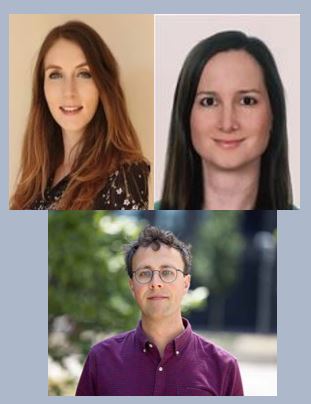Organisation & mission
In the Interuniversity Center for Social Science Theory and Methodology (ICS) the sociology departments of the universities of Groningen (RUG), Utrecht (UU), Nijmegen (RU), and Amsterdam (UvA) cooperate. In addition to these sociology departments, the Utrecht research program ERCOMER and the research institute Radboud Social Cultural Research (RSCR) of the Faculty of Social Sciences of the Radboud University Nijmegen cooperate in the ICS. The ICS is is headed by a board and a scientific director, who represent the participating universities.
Mission
The mission of the ICS is twofold:
1. PhD students | To recruit the most talented PhD students and train them to become excellent independent social scientists.
2. Common research program | To fulfil a leading role in the development and empirical testing of theoretical and statistical models in the field of sociology and social sciences.
PhD students
Each year in spring, the ICS hires 10-12 promising PhD students (Dutch and foreign), educated in sociology, economics, or other social sciences. PhD students are located either in Groningen, Utrecht, Nijmegen or Amsterdam. Since 1986, over 350 PhD graduates have defended their theses at the ICS.
Training of PhD students takes place within a highly structured three- or four-year program in theory construction and research methods in the social sciences.
The ultimate goal of the PhD program is to meet the demand for highly qualified social researchers in universities, various levels of government, industry, trade and other service-providing organizations.
Common research program
Research by faculty, postdocs and PhD students takes place within a common research program that stresses the importance of deductive theory formation (based on the principles of structural individualism), integration of theory and empirical research, and an interdisciplinary orientation.
The ICS research program is implemented in seven so-called research clusters:
– Families in transition: Promoting health and well-being over the life course
– Social inequality: Improving schooling and employment
– Ethnic and cultural diversity: Furthering integration and cohesion
– Organizations: Fostering social welfare and sustainable work relations
– Youth and education: Nurturing social development
– Networks and participation: Promoting trust and sustainable cooperation
– Tools and models: Developing methods for complex data
International network
The ICS attaches great value to international contacts in the fields of sociology, political sciences, economics, psychology, history, and applied mathematics. Each year a number of well-known international scientists are invited to give seminars (such as the annual ICS lecture) and a number of PhD students and postdocs visit research centers abroad. A traineeship is part of the PhD training program.
Board
The ICS is headed by a board and a scientific director.
In the spotlight

